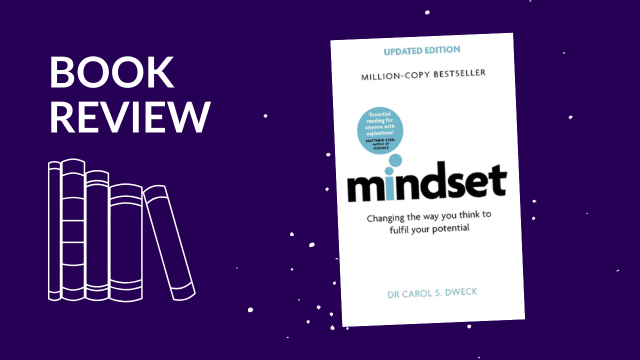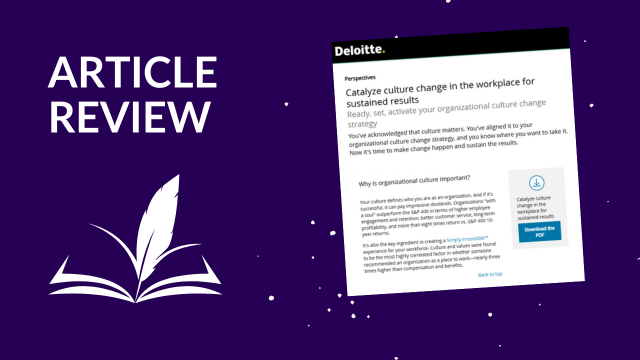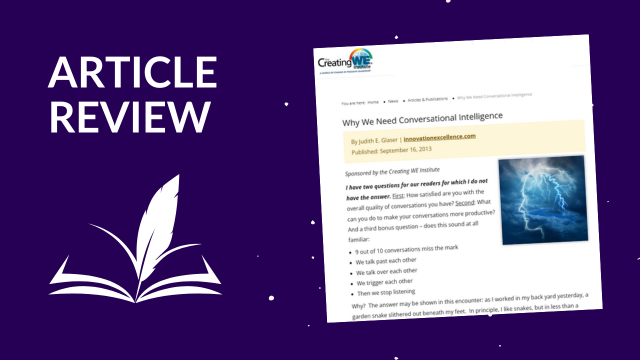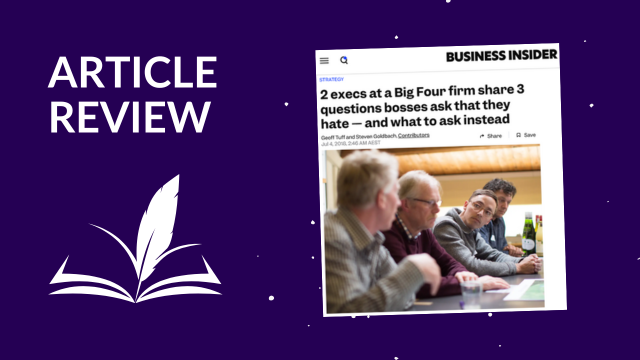Some people have more of a flair for the dramatic than others. As change professionals, rarely, if ever, will drama contribute to our success. Because the major changes that we are often involved with can cause emotional catharsis (our own as well as others), it is important to stayed attuned to your responses even if you are not dramatic in less emotional circumstances.
Inc. contributor Christina DesMarais (Here’s How Highly Effective People Eliminate Drama) offers the following guidelines for removing the less-than-helpful habit of drama from your toolbox.
- Put some space between a challenge and your response. Count to ten. “Pause, reflect, and breathe.” Consider whether the response that is on the tip of your tongue is fact-based or is triggered by emotion.
- Controlling your attitude is a big part of success: “If you want good results, do the difficult work of consciously thinking through what’s true and deliberately choosing a path that is helpful.”
- There’s a difference between reacting and responding: “Reacting is acting in opposition to something without deliberation, often immediately. Responses involve careful thought, are often well-presented, and demonstrate respect for the other person.” The latter is much more liable to keep a pathway to success open.
It is never possible to remove emotion from major change. It is possible to remove drama from your toolbox as a change practitioner.






